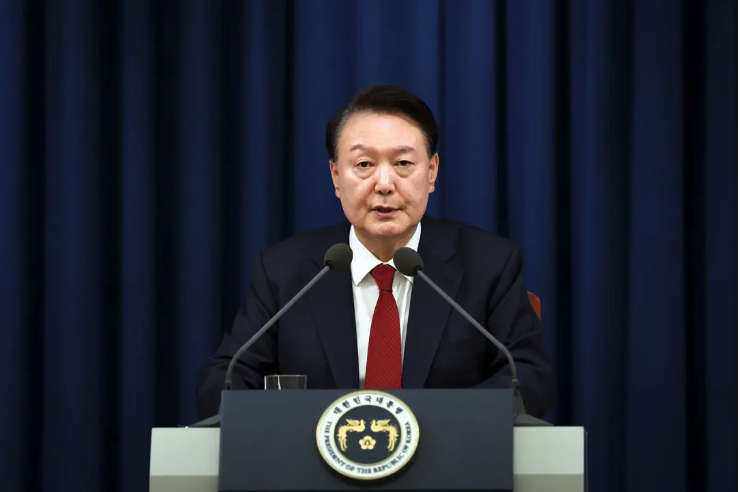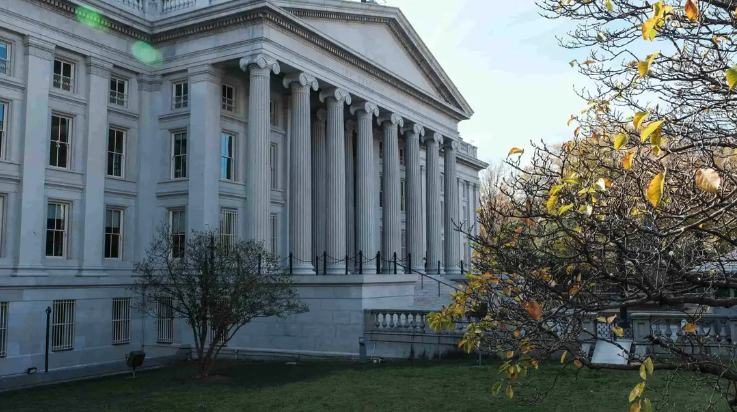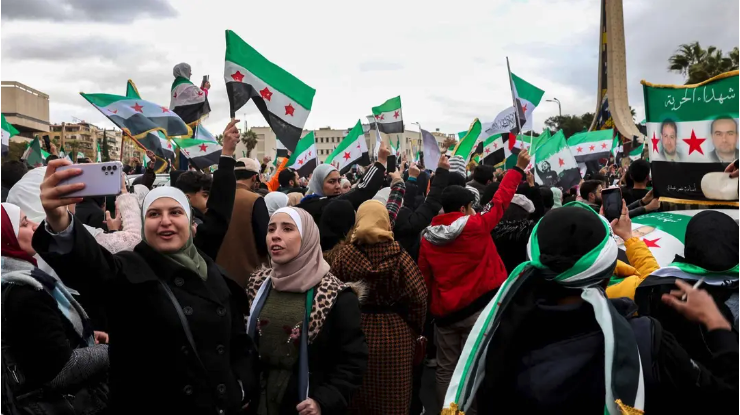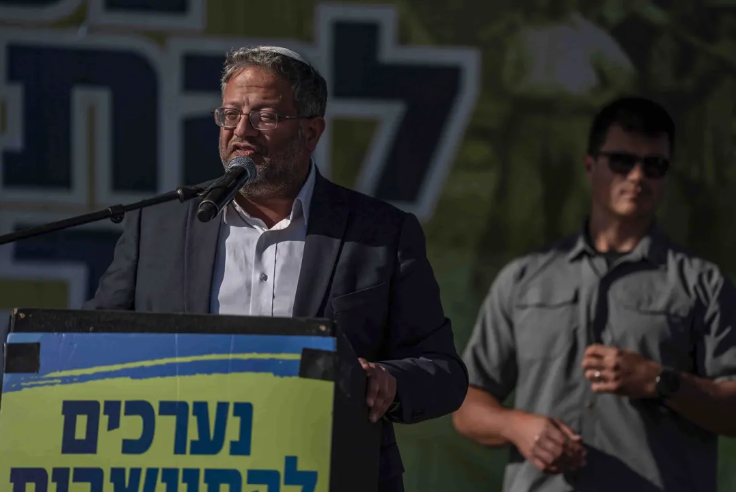Yemen: Saudi-Oman Envoy Meets with Houthi Officials for Peace Talks
Saudi and Omani officials reportedly held talks with the head of the Houthi Supreme Political Council, Mahdi al-Mashat, over the weekend in the Yemeni capital of Sanaa. The envoys discussed ending hostilities and lifting a Saudi-led "blockade" on Yemeni ports.
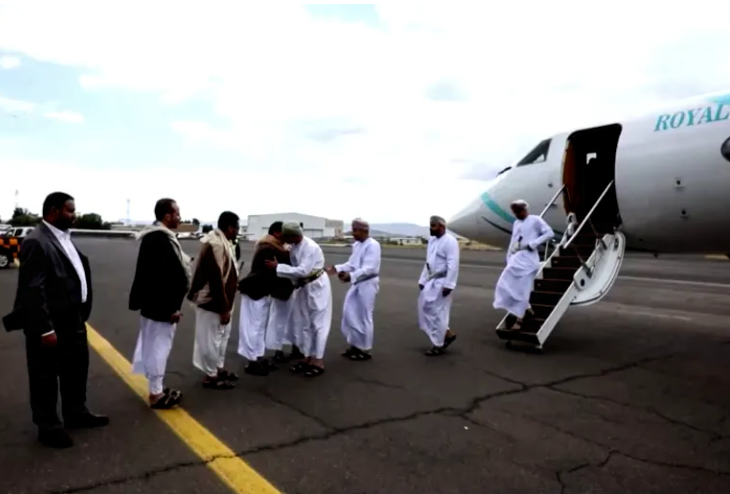
Facts
- Saudi and Omani officials reportedly held talks with the head of the Houthi Supreme Political Council, Mahdi al-Mashat, over the weekend in the Yemeni capital of Sanaa. The envoys discussed ending hostilities and lifting a Saudi-led "blockade" on Yemeni ports.1
- Chief Houthi negotiator Mohammed Abdul-Salam said Saturday that they want a stop to "the aggression completely, lifting the blockade completely, paying the salaries of all Yemeni employees from oil and gas revenues...as well as the exit of foreign forces from Yemen, compensations and reconstruction."2
- According to official Saudi media, the potential deal would progress in three phases. The first phase would collectively include a ceasefire, the reopening of all land, air, and sea routes, the merger of the central banks, and prisoner exchanges.3
- Talks of a potential ceasefire came shortly after China, both Iran and Saudi Arabia's biggest trade partner, brokered a deal to reignite diplomatic relations between the two countries. Beijing relies on the region as it covers most of its crude oil needs.4
- The agreement, if successful, could reportedly be announced before April 20 — the start of Islam's Eid holiday — and could help revitalize Yemen's economy, as Saudi Arabia has imposed severe restrictions on the flow of goods into Yemen since 2015.4
- A Houthi official also said Saturday that they had received 13 detainees released by Saudi Arabia in exchange for a Saudi detainee freed earlier, part of a pledge by the Houthis last month during talks in Switzerland to free 887 detainees.1
Sources: 1Al Jazeera, 2Democracy Now, 3Farsnews Agency, and 4Reuters.
Narratives
- Establishment-critical narrative, as provided by Intercept. Though the extent to which China played a role in this potential ceasefire is still unclear, it does seem that Beijing's diplomatic approach far outweighed the US style of saber-rattling. This is shown by CIA Director William Burns' angry statement on the matter, in which he scolded Saudi Arabia for coming to a peaceful agreement with the Houthis. The US is thirsty for more profits from this unnecessary war, which is why China stepped up to offer another diplomatic ally other than declining American hegemony.
- Pro-establishment narrative, as provided by MENAFN. The idea that China miraculously brokered a Saudi-Iran peace deal is delusional, as Beijing has been meddling in Middle Eastern affairs for years to no avail. The PRC has also not proven capable of maintaining a peace deal of this magnitude. Many unforeseen incidents can break this agreement apart, such as Houthi rebels launching attacks on their own or anti-government protests in Iran that stoke renewed anger toward the Saudis. Diplomacy isn't as simple as some are making it out to be, and Beijing will soon learn that as it digs its claws deeper into challenging Middle Eastern issues.



